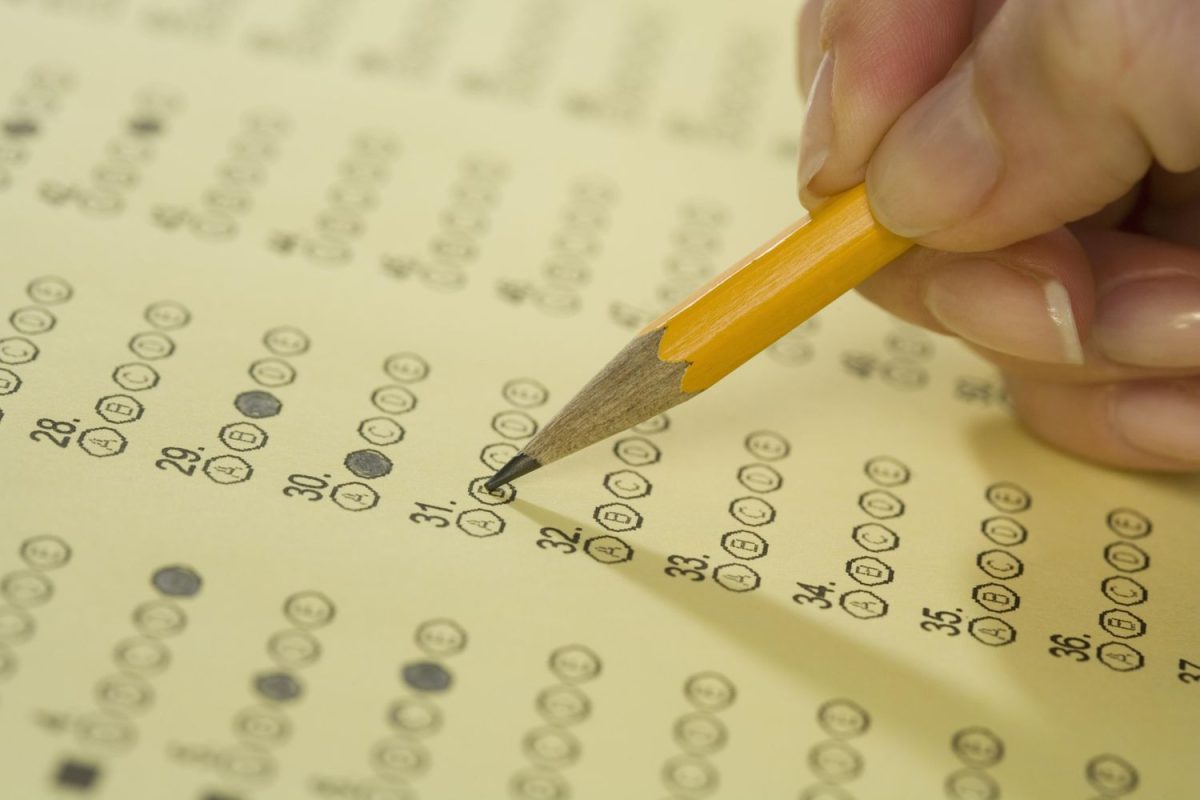Essential tips for taking your skills to the next level.
SOL exams play a significant role in the academic lives of high school students. These exams are used to assess students’ knowledge and skills in various subjects and are often a requirement for graduation. SOLS take place between May 20 and June 6.
Students are required to take and pass one math SOL, in either Algebra or Geometry. The same applies for science, with Earth Science and Chemistry offered on May 28, and Biology offered May 29.
For those not in AP or DE history classes, a social studies SOL is required. Most are gotten out of the way in freshman year, however, with World History 1.
Additionally, juniors, no matter what class they’re in, have to take both writing and reading SOLs. Writing SOLs completed already, the reading SOL is the first of the bunch, taking place on May 20.
Students received an email with their testing schedules on Friday, April 26.
While taking SOLs can be stressful, there are several tips that students can follow to improve their performance and reduce their anxiety levels.
- Start studying early: Don’t wait until the last minute to start studying for your SOL exams. Begin reviewing material well in advance to give yourself enough time to thoroughly understand and retain information.
- Create a study schedule: Plan out your study sessions and allocate specific times for each subject you need to review. This will help you stay organized and ensure that you cover all the necessary material.
- Use Study aids: Utilize study aids such as flashcards and practice tests.
- Familiarize yourself with the format of the exam: Understanding the structure of the test, the types of questions that will be asked, and the time constraints can help students feel more comfortable and confident on test day. Many schools provide practice tests or study guides that can help students become more familiar with the exam material and format.
- Developing good test-taking strategies: This includes practicing time management skills, reading the questions carefully, and answering the easiest questions first. By pacing yourself and approaching the exam strategically, you can maximize your chances of success.
- Taking care of yourself mentally & physically: Getting enough sleep, eating a healthy diet, and exercising regularly can help reduce stress to improve cognitive function. Additionally, practicing relaxation techniques, such as deep breathing or mindfulness, can help to calm nerves and improve focus during the exam.
- Maintain a positive attitude: Confidence plays a significant role in test performance, so it is important to stay positive and remind yourself of your strengths. Remember that the SOL exams are just one measure of your academic abilities and do not define your worth as a student.
Taking standardized tests like the SOL, can be a challenging experience for high school students. However, by following these tips and developing effective study and test-taking strategies, students can improve their anxiety levels. Remember to start preparing early, get familiarized with the exam format, develop good test-taking strategies, take care of one’s physical and mental health, and maintain a positive attitude. With dedication and hardwork, successfully navigating the challenges of the SOL will lead to achieving academic success.



